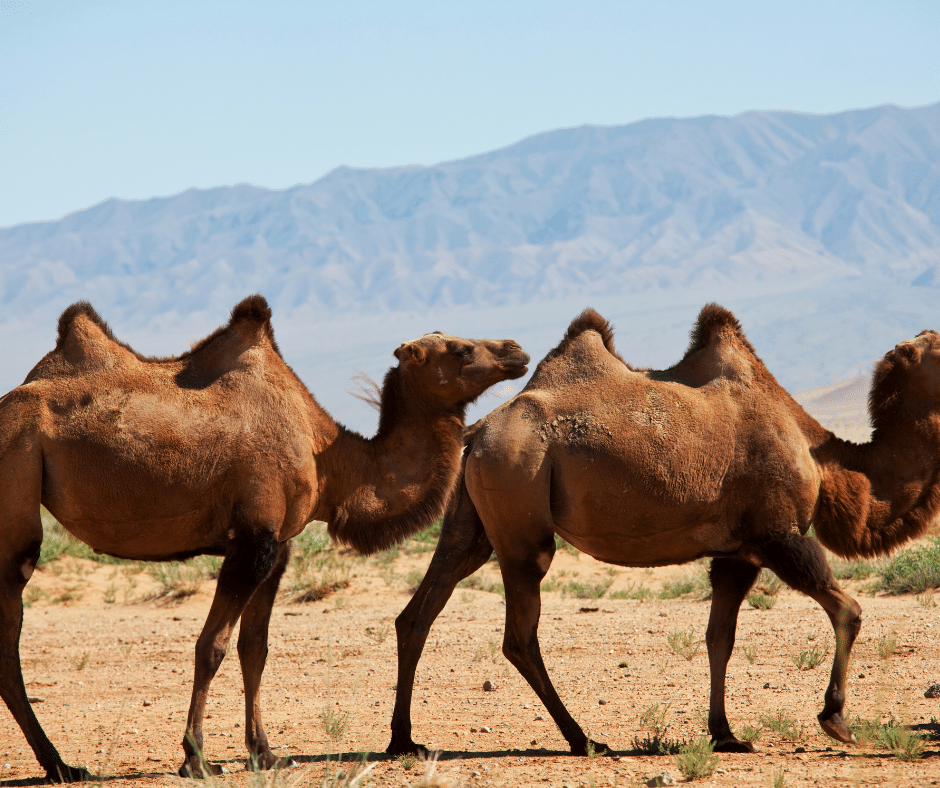Humans could not survive without the help of animals. Can you imagine if no animals existed? It would be dangerous to walk in the streets, insects would take over our land, and many products we use but do not make; like honey or silk, could soon become extinct.
Animals provide us with a lot of things that we depend on. They help us with jobs, transportation, entertainment, and they provide products that we need.
Here are the animals that help humans survive the most…

Bees
Beehives have been used for centuries to pollinate crops which helps ensure a good crop yield.
Livestock
Livestock are animals that have been domesticated by humans. They are raised for work, fiber, milk, eggs, and transportation.
Dogs
Dogs help humans by being our companions, guards, tracking animals or people with search and rescue teams, they guide the blind and help to find missing people.
Horses
Horses are used for work and transportation. They help plow our fields, carry heavy loads and people ride them for fun.
Cats
Cats help us by keeping the mice population in check which helps prevent crop damage and eating harmful insects like termites.
Donkeys
Donkeys are used to carry packs and small loads which saves humans from having to carry everything themselves.
Camels
Camels are used for transportation and they can go long periods of time without food or water which helps save resources.
Cattle
Domestic cattle provide us with milk, meat, leather and fertilizer. They also help plow our fields and pull carts and wagons.
Pigs
Pigs provide us with food like bacon and sausage. They also help to produce fertilizer for our crops.
Chickens
Chickens provide eggs, meat, feathers for pillows, and comforters which can be used to make clothing or other products. Also, they are used for scientific research.
Goats
Goats are used for milk, meat, fur for clothing and they help plow our fields.
Turtles
Turtles are raised on farms to produce interesting shells.

What animal is most important to human survival?
We feel the most important animal out there that is most important to human survival is bees. Without bees, humans would not be able to eat the food that is produced. Due to worldwide honey shortages, it has become very expensive and hard to find. With bees pollinating our crops, we are able to continue living on this planet.
In conclusion, animals help humans survive by providing them with food, transportation, entertainment, and other products we need and use every day. Without animals, our world would be a very different place. There are many animals that directly or indirectly help humans survive. Remember the next time you see an animal, it may just save your life.
